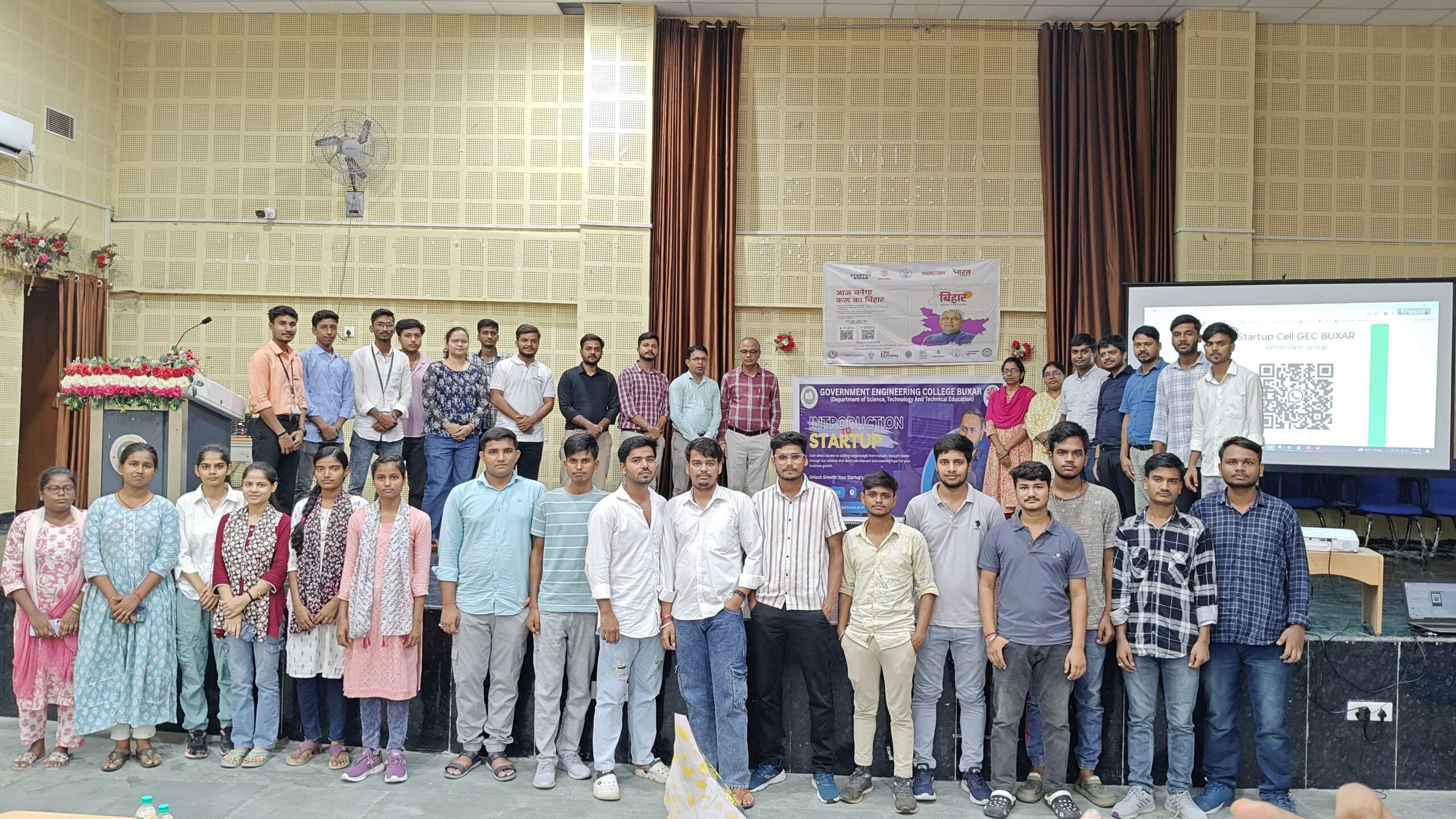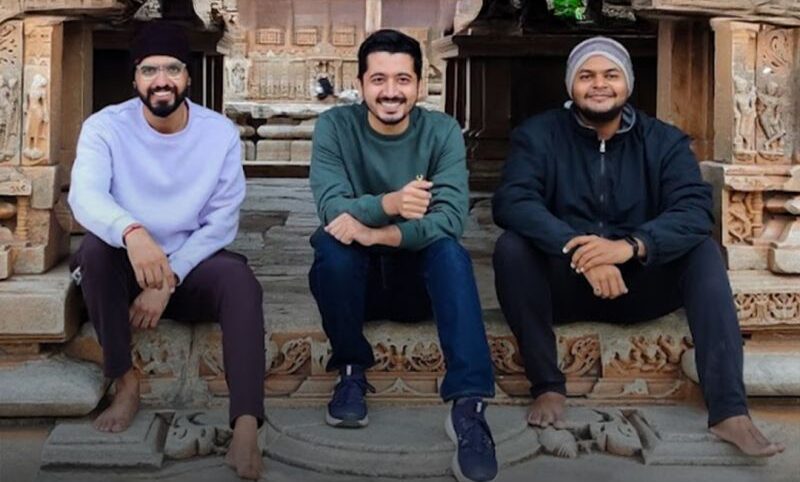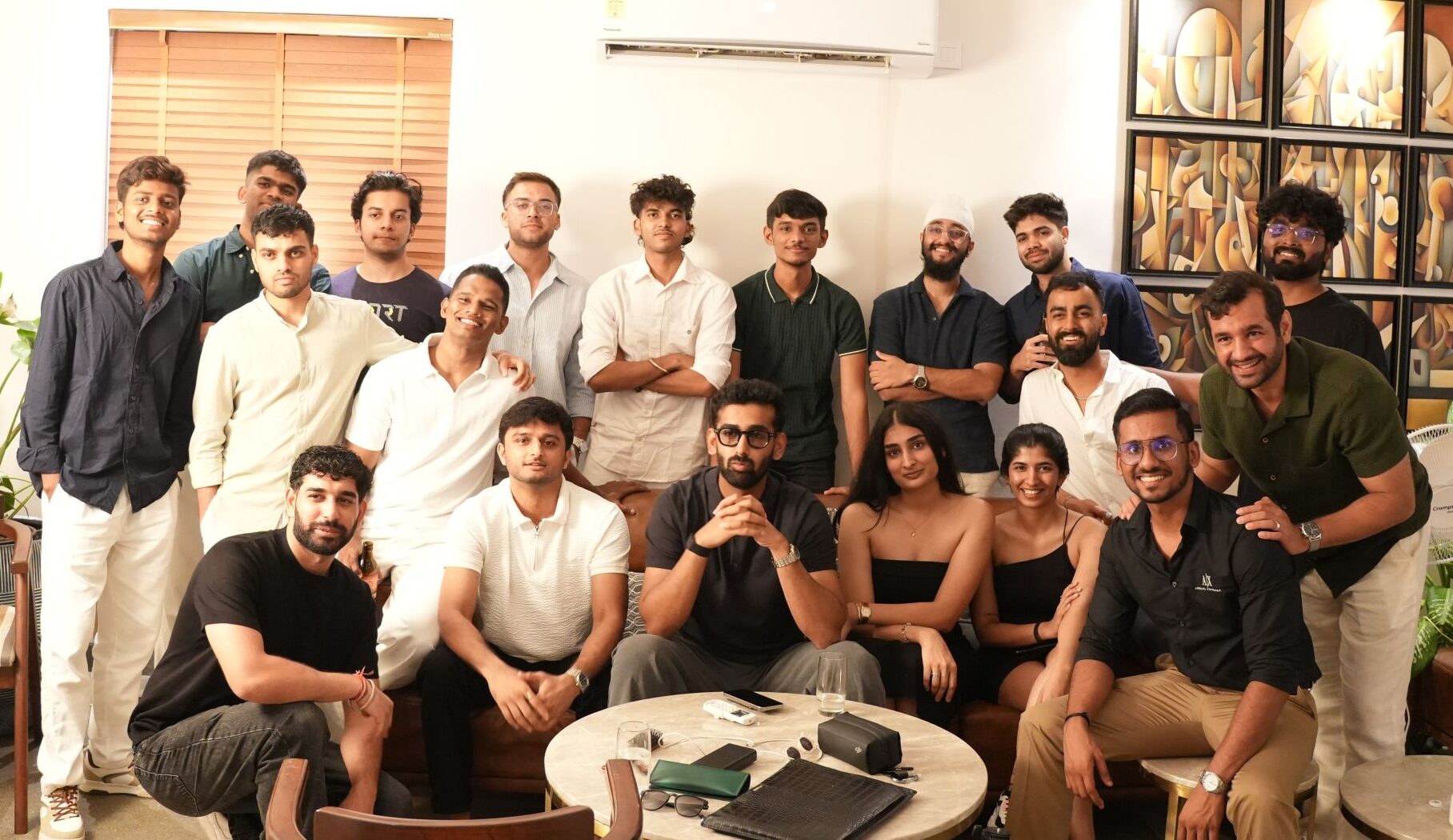Zed Black, one of India’s most beloved incense stick brands, has achieved an extraordinary milestone, it is now a case study at the prestigious Harvard Business School (HBS). This recognition puts the Madhya Pradesh–based brand, firmly in the global spotlight.
The story of Zed Black is a testament to how a small-town Indian business, rooted in culture and tradition, can rise to global prominence through visionary leadership, innovative branding, celebrity influence, and deep consumer understanding.
The Founders: Ankit & Anshul Agrawal’s Vision
Zed Black is the flagship brand of Mysore Deep Perfumery House (MDPH), founded by the Agrawal family in 1992 in Indore, Madhya Pradesh. The business was started modestly by their father, but it was under the dynamic leadership of brothers Ankit Agrawal and Anshul Agrawal that Zed Black truly flourished.

With a sharp focus on quality, affordability, and cultural resonance, the Agrawal brothers transformed a small incense-making unit into a national powerhouse. Today, Zed Black produces over millions of incense sticks every day, serving not just millions of households in India but also exporting to more than 40 countries worldwide.
Their approach combined traditional values and modern business practices, using technology to scale production, embracing digital marketing, and introducing innovative products while maintaining the spiritual and emotional appeal of incense.
The Dhoni Effect: The Power of Celebrity Branding
A pivotal moment in Zed Black’s journey came when the Agrawals brought on board MS Dhoni as the brand ambassador.
Dhoni’s image calm, dependable, humble yet aspirational, perfectly aligned with Zed Black’s ethos. His association not only elevated brand recall but also instilled greater trust among consumers, especially in Tier II and Tier III cities, which remain the heart of the incense market in India.
The Harvard Business School case study explores in detail the impact of Dhoni’s endorsement on Zed Black’s brand metrics, how it improved brand visibility, strengthened consumer confidence, and helped Zed Black compete against bigger FMCG players.
It also highlights how the campaign tapped into India’s unique emotional and cultural relationship with incense, a daily ritual across diverse households and turned it into a powerful branding story.
A Milestone for India’s MSME Sector
Zed Black’s rise is more than just a brand success story, it is also a beacon of hope and inspiration for India’s Micro, Small, and Medium Enterprises (MSMEs).
In an industry valued at over ₹7,000 crore, dominated by large FMCG companies and countless unorganized players, Zed Black carved out a significant share through innovation, smart positioning, and relentless execution.
By staying true to Indian traditions while also adopting modern marketing and supply chain strategies, Zed Black shows that MSMEs can aspire to global relevance without losing their local identity.
The Harvard recognition validates the belief that small businesses can innovate at par with multinationals, provided they deeply understand their consumers, leverage cultural insights, and invest in trust-building measures.
The Global Spotlight: Lessons for Entrepreneurs
The Agrawal brothers’ leadership also underscores the importance of collaboration and agility. They invested in state-of-the-art manufacturing facilities, expanded product lines (including dhoop, cones, and puja products), and built a vast distribution network covering rural and urban India alike.
The Harvard Business School case study does more than chronicle their success, it provides an academic framework for understanding how Indian entrepreneurs can scale businesses by blending culture, emotion, and modern branding.
Some of the key takeaways for entrepreneurs from the Zed Black journey include:
✅ Cultural alignment: understanding and respecting the consumer’s values and rituals.
✅ Brand trust: leveraging credible influencers and maintaining consistent quality.
✅ Tier II & III focus: tapping into the massive potential of India’s small towns.
✅ Innovation in tradition: refreshing age-old products for modern consumers.
From Indore to the World
From a small factory in Indore to being a case study at one of the world’s top business schools, Zed Black’s story embodies the spirit of Indian entrepreneurship in the 21st century.
The Agrawal brothers have demonstrated that with clear vision, resilience, and a deep understanding of the consumer psyche, even a humble product like an incense stick can become a global brand and a subject of scholarly research.
In Their Words
Reflecting on the recognition, Ankit and Anshul Agrawal have often credited their success to teamwork, consumer faith, and staying rooted to Indian traditions while thinking big. They continue to innovate, with a focus on sustainability and expanding into new markets, proving that their journey is just beginning.
Zed Black’s transformation from a local incense manufacturer into a Harvard-recognised case study is not just a personal victory for Ankit and Anshul Agrawal, it is a milestone for Indian MSMEs and a blueprint for others in the FMCG and spiritual products space.
It shows that when you blend culture, trust, innovation, and ambition, even the smallest businesses can achieve global recognition and inspire millions.
Also Read: Sweet Karam Coffee Celebrates 10 Years with ₹100 Cr ARR and Global Ambitions

























